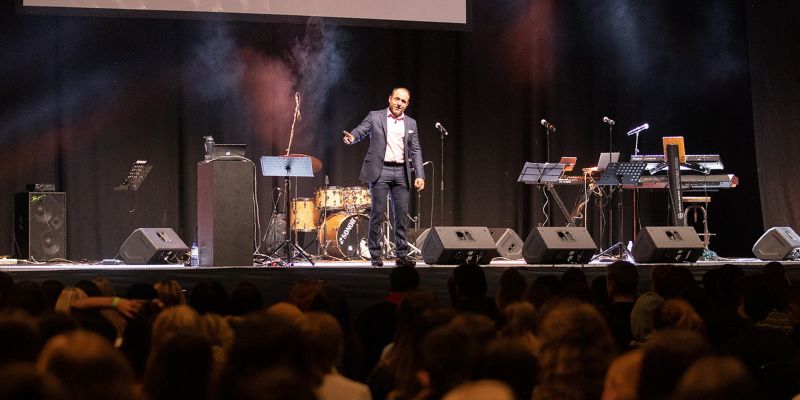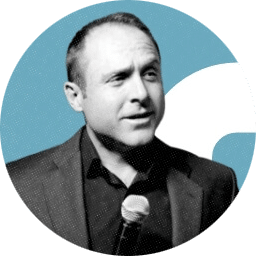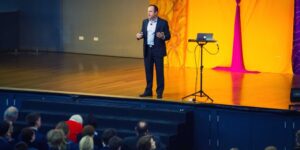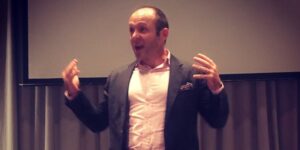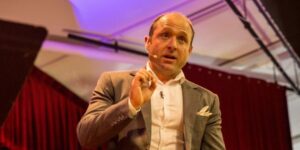Welcome aboard to the daily podcast and/or video with Jonathan Doyle, coming to you from Tasmania. Whether you’re tuning in on YouTube or through the podcast, I’m here to share insights on virtue-based leadership and the power of intergenerational change. Join me as we explore how we can break patterns of trauma and addiction to pass on intergenerational excellence. Let’s press on towards a brighter future together.
Welcome Aboard
Hello there, my friend, Jonathan Doyle, with you. Welcome to the daily podcast and/or video. As I’ve been saying, I’m actually in the hotel here in Tasmania. And I’m recording this as both a video and an audio file because I don’t have the full studio setup with me. So if you’re watching this on YouTube, welcome aboard. If my fantastic team has pulled out the audio here and you’re listening to the podcast, welcome aboard. You’re listening to a podcast, and you probably think, Wow, he sounds like he’s speaking on a video. And if you’re listening or watching on video, you probably think he sounds a bit like he’s speaking to a podcast audience. It’s both, so wherever you are, welcome aboard.
I would love for you to subscribe if you’re hearing or seeing this. Hit that subscribe button, honestly, friends, it does make a difference. It simply means that more people get a chance to hear this content. And I do it for free, because I love it, and because I want you to win in life. So please make sure you’re subscribed.
If you’re interested in booking me to speak or finding out how you can book me to work with your business or your team, you can find everything on the website: jonathandoyle.co and you can see my daily adventures on Instagram: @jdoylespeaks. Yesterday I did a cool run to the summit of Mount Wellington here in Tasmania. And just the normal crazy stuff I get up to every day is on Instagram.
Exploring Virtue-Based Leadership
Let’s get into it. Today, I’m just back in the hotel after doing day two of a four-day speaking tour with senior leaders. And I was working on this concept with them of virtue-based leadership. One of the things that I’m doing is helping them understand the intergenerational aspect of self-leadership. That’s a big mouthful.
Unlocking Insights from Dr. Gabor Maté: Trauma and Addiction Dynamics
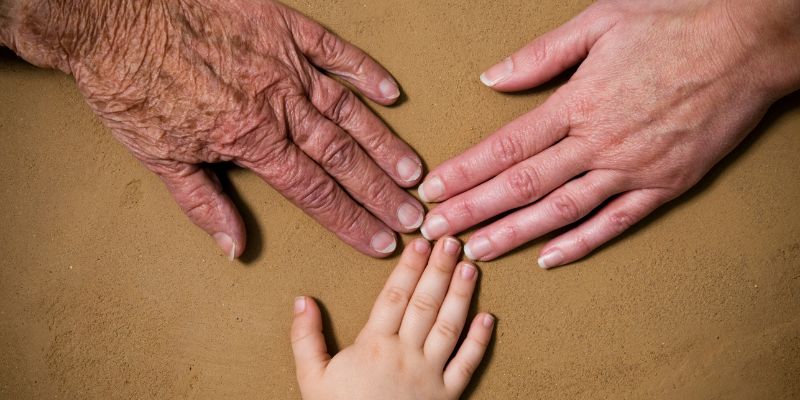
I shared with them an insight from the famous Dr. Gabor Maté. You may have heard of. Dr. Gabor Maté, he is probably one of the most well-known global speakers on the issues of trauma and addiction. He writes and speaks on this topic quite beautifully because he’s experienced it. Because he was abandoned as a one-year-old child during the Second World War in Hungary and wasn’t reunited with his mother for six years.
So he became an expert in attachment and generational trauma and how that works out in addiction. And so I was reading his new book, and he makes a lot of really great points in that book. One of them, as I was reading it, was quite deflating because he was talking about the intergenerational nature of addiction and trauma. It simply means that if you or I, or anybody else is struggling with addiction or trauma, it’s not entirely our fault because there’s a very strong likelihood that it’s been a pattern in a family system.
Now, the extreme of that is that people just say no one’s responsible for anything because you had a bad childhood. It’s not that. There’s nuance here. It’s about recognizing that we are responsible but we are also conditioned by what we’ve come from.
He helped me see that, if you’re struggling with something and life’s difficult, it can also have a lot to do with what your great-grandparents were doing. Here’s my point. As I read it, I was a bit deflated for a couple of days. I thought I’d had my own challenges in my own childhood and upbringing, and I wonder if I’m just destined to repeat them when raising my own kids.
Breaking Negative Cycles: Transforming Intergenerational Narratives
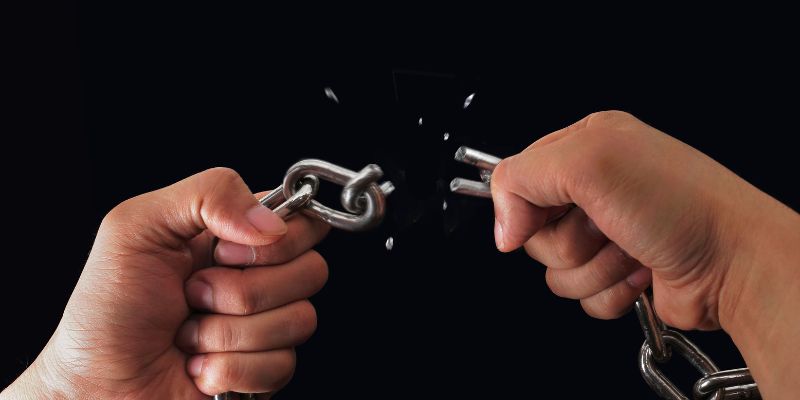
But then, and this is where it gets interesting, I had a thought a couple of days after reading it: Why can’t this also work the other way? What I mean by this is, what if we make changes in our own lives, in the lifespan that we’re given, what if instead of passing on intergenerational trauma or addiction, what if we were able to pass on intergenerational awesomeness, intergenerational excellence, or intergenerational healing?
I guess what I’m trying to say to you today is that the work we do on this channel—the work that I have dedicated most of my life to around supporting people, motivation, leadership, personal development, goals, and personal success—is that I really want you to get better. I genuinely want anybody watching or listening to this to grow because the game that you’re playing is actually a bigger game.
Yes, if you grow, if you get better, if you get healthier emotionally, spiritually, psychologically, and physically, yes, your life’s going to be better. And it is, and it will be. As you become more whole, healed, and healthy, you impact the people closest to you—your marriage, your parenting, if you’re married or have kids, or whatever relationship you’re in. And that’s intergenerational change.
So I just want to say to you that if you find aspects of this whole personal growth, personal development, breaking addictions, breaking bad habits, growing in different areas, if you ever find this difficult, so do I.
Maximizing Impact: The Broad Reach of Personal Growth
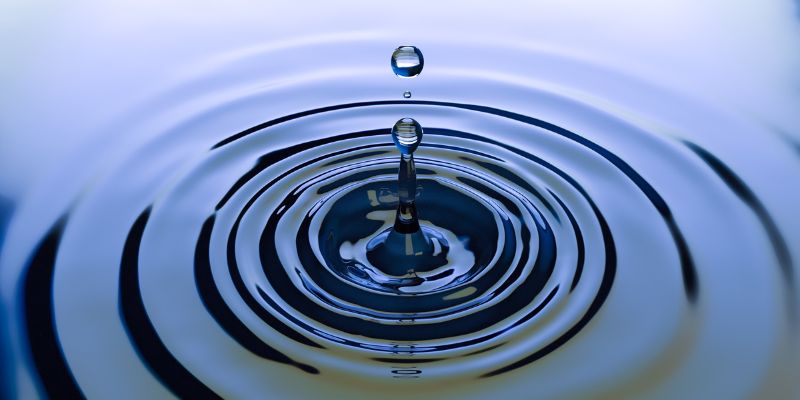
I think it’s encouraging to realize that yes, it’s difficult, but let’s not forget, we’re playing for some pretty high stakes here. Stakes that may go beyond our lives. If you live your life well, you’re touching the future. I really think so. If I’m a good husband and a good father to my kids, and I’m imperfect, I’m going to help my kids be better humans. And then they’re going to have better relationships, and they’re going to be better parents, and you can see how, in its simplest form, we’d say it’s paying it forward, but I think there’s a real power in this.
Encouragement and Commitment: Navigating Challenges for Success
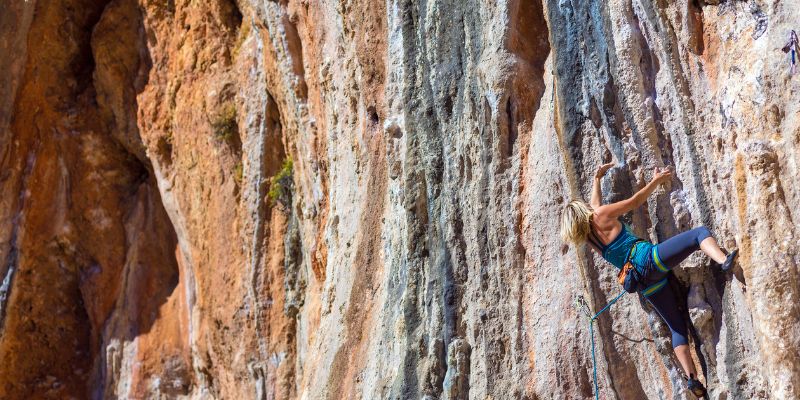
So all of today’s message is just, I guess, I’m trying to say a couple of basic things. If you’re dealing with difficulty right now—mental health, suffering, trauma—then the game isn’t over yet. You can be that person who significantly breaks the pattern. And the second thing I’d say is that doing that is not easy.
We’ve got to be reminded of that because sometimes we think that personal development and growth are pretty straightforward, but they’re not. And if it were easy, everybody would literally do it. If losing weight, getting fit, and taking responsibility for your career were easy, then everyone would just optimize. But they don’t. We don’t optimize.
We have to push against a force that wants to hold us exactly where we are. So this is work, but your work will benefit you, and it will benefit those that follow you. And that is something I think is worth really committing your life to.
Conclusion: Pressing Onward
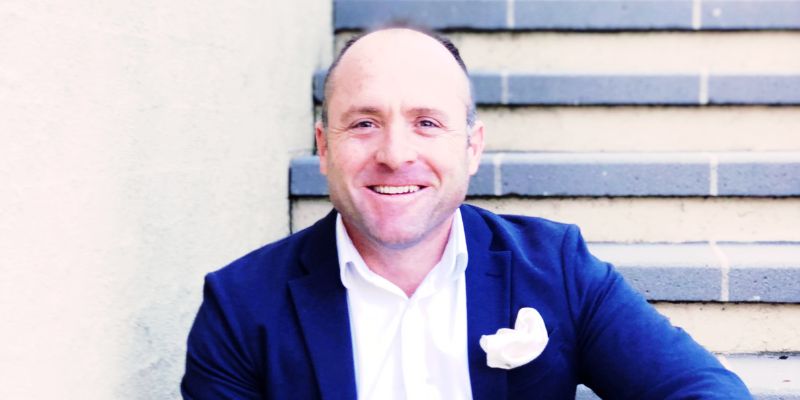
God bless you. Press on, press in, onwards and upwards, as C.S. Lewis said, further up and further in. Keep going; press on, my friend.
Please make sure you’re subscribed. Come and say good day on Instagram: @jdoylespeaks. Instagram, grab your phone right now and just press on. Put in, do a search, jdoylespeaks, and come and send me a DM, say hello, and let me know if I can do some content that’s helpful to you. If you want to book me to speak, or if you want to book me for anything else, it is on the website of jonathandoyle.co.
God bless you, my friend; you are touching the future. My name is Jonathan Doyle; this has been the Daily Message, and you and I are going to talk again tomorrow.
